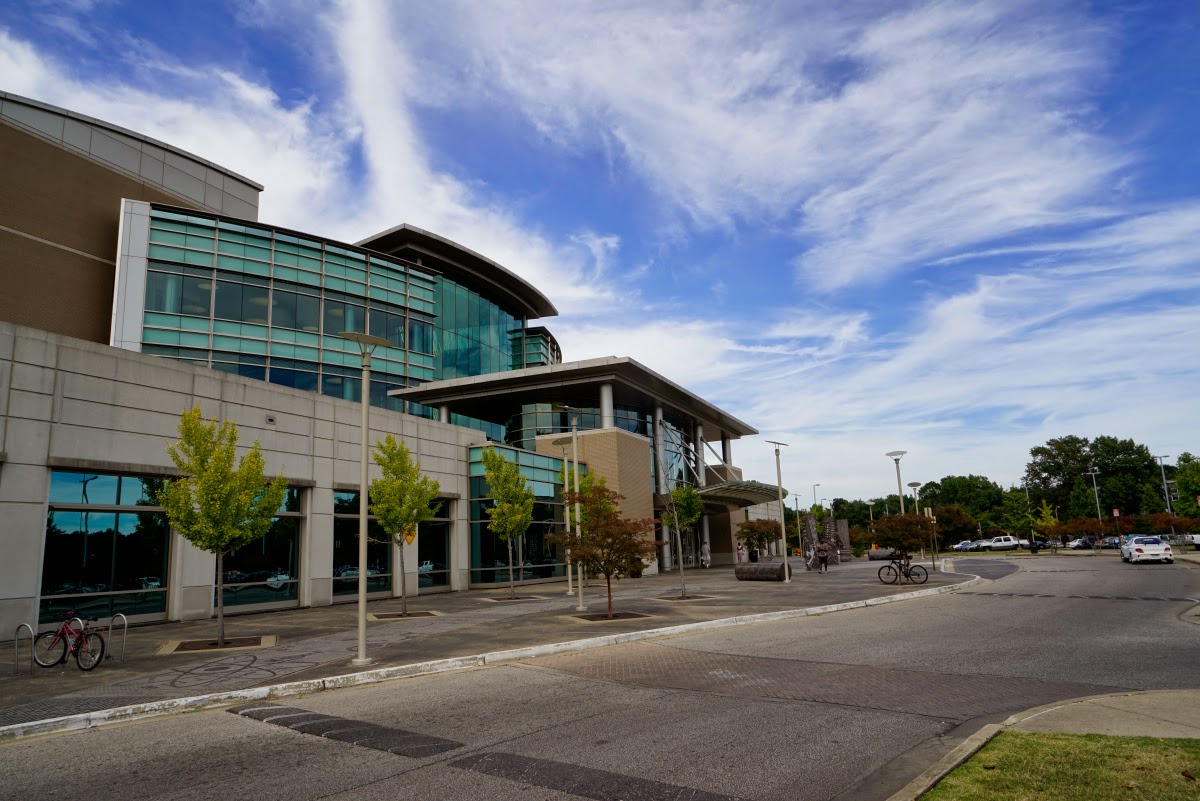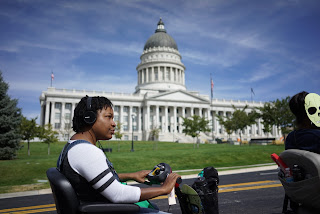People with disabilities are a growing and important part of our community. We are not going away. However, in Memphis and Shelby County, we have no coordination of public policy.
The Memphis area desperately needs an Office on Disability. While the population of people with disabilities is growing in our area, the impact of disability is also being felt more in employment, housing and transportation. Often, people with disabilities are the poorest of the poor and many of our group are over 60. We need to be proactive in including people with disabilities in everything.
Not including people with disabilities often leads to isolation and segregation. It makes our community into a burden and a problem rather than participants in solutions. An Office on Disability can create a coordinated, efficient and common-sense approach to disability issues in the Memphis Area.
Here are seven effective reasons why a city should have an office of disability:
- Accessibility and Inclusivity: An office of disability can focus on making the city more accessible and inclusive for individuals with disabilities. This includes ensuring that public spaces, transportation, and buildings are compliant with the ADA.
- Advocacy and Representation: The office can serve as a voice for the disabled community, advocating for their rights and needs in various city initiatives, policies, and programs.
- Policy Development: A dedicated office can actively participate in the development of disability-related policies and regulations. This can include drafting laws that promote disability rights, employment opportunities, and social services that cater to the specific needs of residents and visitors with disabilities.
- Coordination of Services: The office can act as a central hub for coordinating services and resources for disabled individuals.
- Public Awareness and Education: Promoting awareness and education about disability issues, needs and rights is crucial for fostering a more inclusive and understanding community.
- Employment Support: Facilitating employment opportunities for individuals with disabilities is vital for their economic independence and social inclusion.
- Emergency Preparedness: An office of disability can play a key role in developing and implementing emergency preparedness plans that account for the unique needs of residents with disabilities, ensuring their safety and well-being during crises.
In summary, an Office of Disability can serve as a valuable resource for promoting accessibility, inclusion, and equity. By addressing the specific needs and concerns of individuals with disabilities, families, and community stakeholders such an office contributes to an equitable urban environment.


